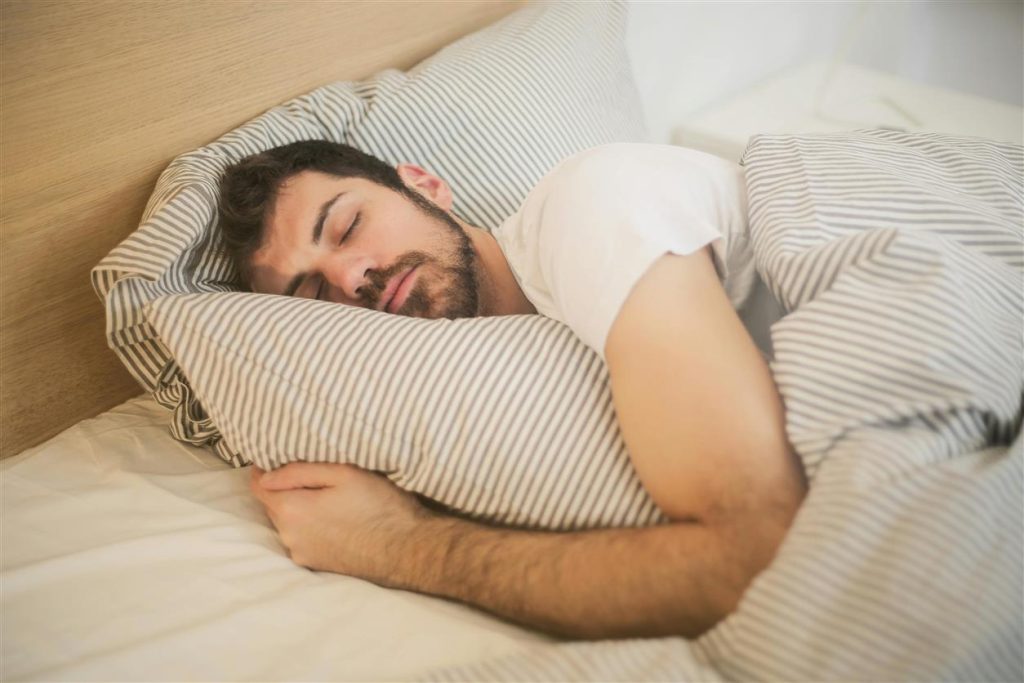
For years, the world celebrated hustle. Productivity was king. Long hours were worn like medals, and being “too busy” was almost a brag. But in recent times, a shift has quietly taken root: people are starting to talk seriously about rest. Not just as something we need after the grind, but as something worthy in itself — a central, non-negotiable part of a healthy, intentional life.
Sleep is no longer the enemy of success. It’s a cornerstone of it. And not in the flashy, self-optimization way that treats rest as a tool to produce more, but as something valuable because it sustains you. Your energy. Your mind. Your sense of self.
This isn’t about luxury or laziness. It’s about remembering that you’re a person — not a machine.
The Problem With “Always On”
The glorification of busyness didn’t come out of nowhere. In a world driven by deadlines, side hustles, and social comparison, rest often feels like falling behind. There’s pressure to always be reachable, always be improving, always be productive.
And sleep? It’s one of the first things people sacrifice.
Late nights and early mornings get romanticized. We hear stories about CEOs who get by on four hours of sleep and think that’s admirable. But behind the scenes, a different reality often unfolds: burnout, short tempers, brain fog, and chronic stress.
Sleep deprivation doesn’t just dull your focus — it chips away at your mood, decision-making, and even your ability to connect with others. Over time, running on empty doesn’t build resilience. It erodes it.

The Case for Making Sleep a Lifestyle Priority
Sleep isn’t just a biological need. It’s a lifestyle choice. A boundary. A declaration that you value your well-being more than your inbox.
When you make sleep a priority, you’re not just avoiding exhaustion. You’re saying:
- My mental clarity matters.
- My relationships deserve the best version of me.
- My health isn’t optional.
This shift toward rest-first living is gaining traction — not just among wellness circles, but in broader conversations about how we define success. The old narrative of hustle-at-all-costs is being questioned, and sleep is emerging as a quiet form of rebellion against burnout culture.
What Happens When You Start Taking Sleep Seriously
When sleep becomes part of your lifestyle — not just a backup plan — everything starts to feel more balanced. Here’s how:
1. Better Decision-Making
Tired brains are impulsive. They struggle with long-term thinking and are more likely to make choices out of convenience rather than intention. Quality sleep gives you the mental space to respond rather than react.
2. More Emotional Stability
Ever notice how the world feels heavier after a bad night’s sleep? Rest helps regulate mood, softens irritability, and builds resilience against daily stress. It’s easier to be kind — to yourself and others — when you’re not running on fumes.
3. Clearer Focus
Sleep is like a mental detox. It clears out unnecessary clutter in your brain and helps consolidate memory and learning. Want to be more efficient at work or more present in conversation? Prioritize your pillow time.
4. Improved Physical Health
Sleep supports your immune system, balances hormones, and reduces inflammation. It’s linked to a lower risk of heart disease, diabetes, and even certain cancers. It’s not a wellness trend — it’s basic human maintenance.
5. A Calmer Nervous System
Chronic sleep loss mimics the effects of constant low-level stress. Rest, on the other hand, gives your nervous system a break. You start to feel more grounded. Less jumpy. More like yourself.
Making Sleep a Non-Negotiable Part of Your Life
So how do you go from treating sleep as an afterthought to giving it the respect it deserves?
1. Set Boundaries With Screens
Devices are one of the biggest enemies of sleep. Blue light messes with your internal clock, and the mental stimulation of social media or email can keep your brain buzzing long after you’ve shut them down. Try a cutoff time — 30–60 minutes before bed — and replace screen time with something low-stimulation, like reading, journaling, or quiet music.
2. Protect Your Wind-Down Time
Sleep doesn’t happen on command. It needs a lead-in. Think of your bedtime as a landing strip — you can’t land the plane without lowering the wheels and preparing. Create a routine: dim lights, reduce noise, do something repetitive or relaxing. Make this ritual a signal to your body that rest is coming.
3. Keep a Consistent Sleep-Wake Cycle
Your body thrives on rhythm. Try to go to bed and wake up around the same time every day — yes, even on weekends. The more consistent you are, the more easily your body will fall into a healthy pattern.
4. Reclaim Naps Without Guilt
Naps aren’t lazy — they’re restorative. A short nap (10–20 minutes) in the afternoon can give you a mental reset without making you groggy. The key is keeping it brief and not replacing nighttime sleep with daytime catch-up.
5. Redefine Success
At its core, prioritizing sleep is about redefining what it means to live well. It’s not about being constantly “on.” It’s about being aligned — with your body, your needs, your capacity.

Rest Isn’t a Luxury. It’s the Foundation.
The idea that sleep is just something you squeeze in when there’s time is outdated — and damaging. We’re not meant to go full speed, all the time. A life that honors rest is not only healthier, it’s more humane.
When you start treating sleep like a sacred part of your routine, something interesting happens: you start showing up better for everything else. Work. Creativity. Relationships. Even rest of your time feels fuller — not because you did more, but because you did it with clarity and presence.
Sleep isn’t the opposite of ambition. It’s what makes ambition sustainable.
So the next time you’re tempted to trade sleep for one more hour of productivity, remember this: your worth is not measured by how exhausted you are. The world doesn’t need a more tired version of you. It needs a more rested one.
And the version of you who’s getting good sleep? That’s the one who makes the best decisions, has the best conversations, and lives a life that actually feels good to be inside of.



